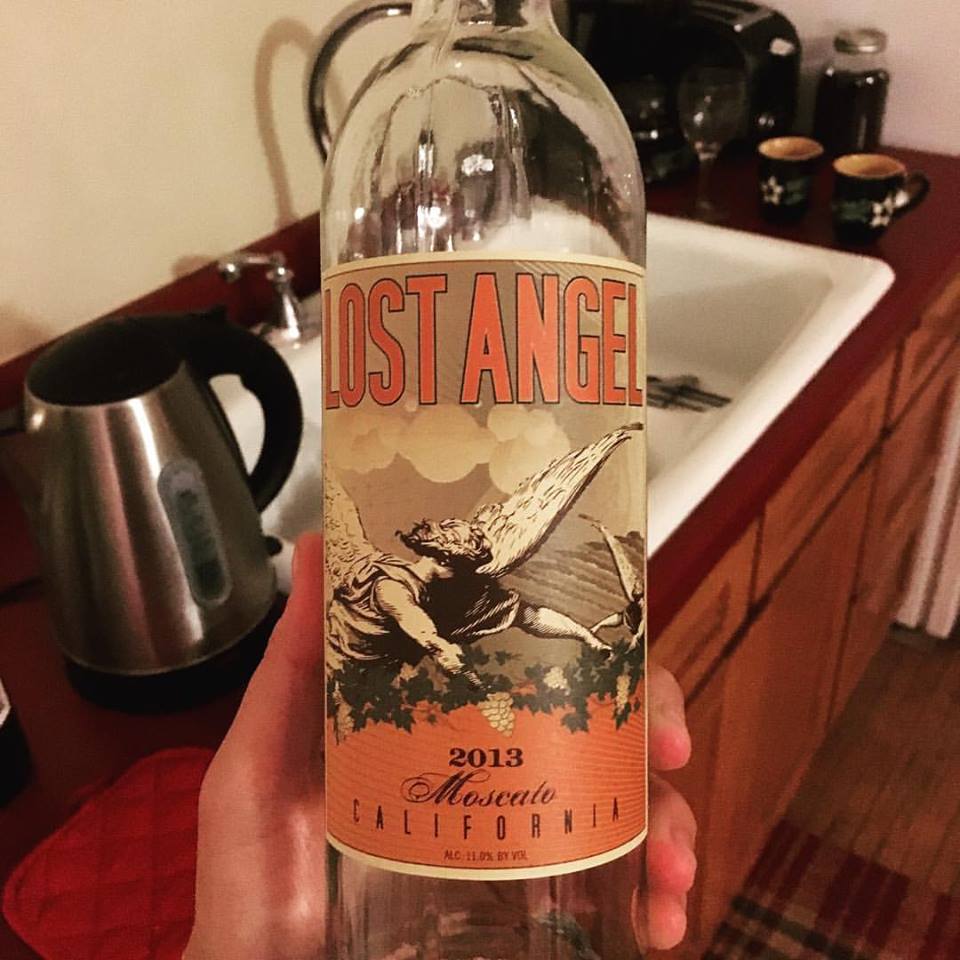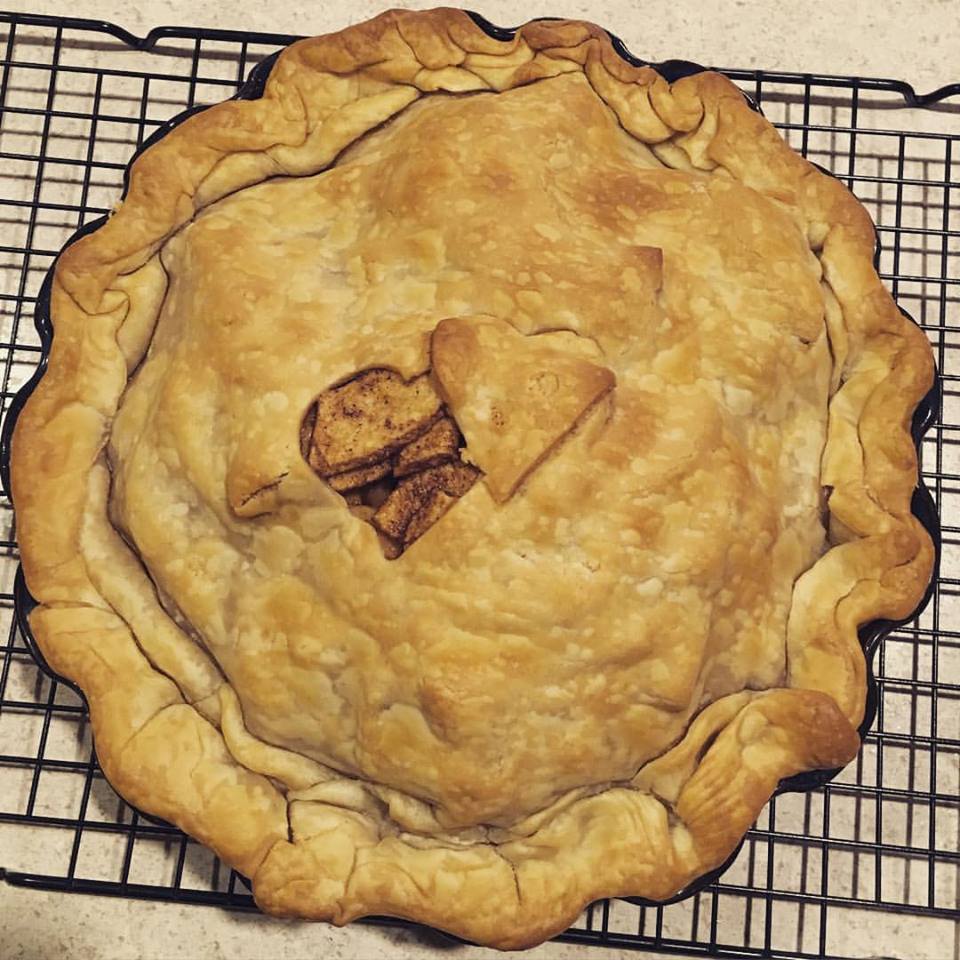When Seth and I lost our baby two years ago, my fairy godmother (Aunt Susan, you’ve heard lots about her and even once from her before) booked a funky loft in Minneapolis for a weekend and we met up to drink wine and tea, talk and talk and talk some more, eat out and window shop, walk all the miles, and cry. To heal, really. I needed that weekend and it remains one of my most distinct and important memories from that very difficult time.

One of the (many, many) things we talked about was how rare life changing moments really are. We often express consternation regarding tough decisions as a “fork in the road” — one direction or the other. While that’s not necessarily untrue, there are very few times when you can’t get yourself back to the other path by blazing a trail through the woods or, failing that, turning around and heading back to the fork.
I think the first time I truly understood that, the impermanence of the big things that seem like Forever Things was as I looked for employment after grad school. There was this pervasive and toxic idea floating around, in my head and in the halls, that leaving academia was permanent and irreversible. Only one of my professors had the nerve to voice that concern to my face – there’s no coming back to academia, he said.
Perhaps as an equal-and-opposite reaction, or perhaps just because I’d finally had it, I somehow found the nerve to boldly retort:
So, you’re telling me that if two years from now, I’m miserable and realize I made a huge mistake and desperately wanted to come back to the bench, you wouldn’t take me on as a post-doc, knowing everything I can do? And if not, you don’t think Ann or Alison would?
A head nod in response. Acknowledgement of a point well made. And it was. Even most really big decisions can be undone, someway, somehow, with time and patience and perseverance and the willingness to change, maybe even backtrack a bit if necessary.
Even so, the rare, permanent, life-changing moments do indeed exist. Miscarriage was one of them. And since that time and my conversation with Susan, I think about that concept often – how permanent is this? It’s a valuable perspective.
I don’t mean to say that we should take reversal lightly. Certainly not. Just that it’s ok to let go a little bit when something feels agonizing or unbearable. Even the pain of miscarriage, life-changing though it was, is malleable. I feel it changing shape inside me all the time.
So while the things that are truly life-changing are rare.. the moments that can significantly and drastically alter our worldview? Not so much. And in this season, I’m learning to pay attention to them.
Do you remember when I showed you a gruesome picture of an inside out raccoon hanging from an apple tree in my neighbor’s backyard with the intention of describing depression? If so, I’m sure you understood from my tone my general distaste for the whole neighbor situation. Other neighbors had said some things, my dog never took to them, so many dead animals, and the distinct pellet holes discovered in our siding this past spring all kind of conspired to paint a not-so-positive picture of these people in my mind and my heart. Little things, like the invitation to pick apples right from the tree last fall, helped a bit, but as for closeness? I didn’t see it coming and I didn’t really mind.

But in just a moment, your worldview can change.
I came home from work early this afternoon so that Seth and I could head north for a Vonck family wedding in God’s Country – come 3 pm and it’s Marquette, here we come! But we had some things to do around the house first, including transferring our old grill to my in-laws’ vehicle for transport to my sister-in-law’s sweet deck in St. Croix Falls. The aforementioned (and more detailed than necessary) task completed, we headed to the backyard to inspect the “grass” filling in the spots dug up for our recent addition of drainage tile (hint: it’s 100% weeds – sigh – but at least there aren’t any more puddles!), and as we headed back to the front, our neighbor John discretely waved us over.
After saying goodbye to Seth’s parents in the driveway, we headed around the house once again and walked toward John’s small, beckoning wave. We weren’t exchanging pleasantries across the lot line or sharing words about the weather. We were receiving news. John’s 93-year-old mother had suffered a series of disabling strokes shortly after being released from the hospital for fluid accumulation in her lungs and legs. She’d been offered warfarin at discharge to reduce the risk for stroke, but had made a clear choice at that time. About what she was willing to sacrifice in terms of quality for the sake of longevity. And she’d repeated herself to her son in a variety of different ways and in no uncertain terms. Quality over quantity. She was ready and the intravenous fluids keeping her alive were removed to avoid prolonging her suffering without any hope for improvement.
We stood somewhere between our two backyards for a long time that afternoon as John recounted years of caring for his mother and described her gracious, giving, stoic character. He told us about the incredible compassion of the physicians he talked to and all the others providing care to his mother, and his family, in the hospital — nurses, technicians, food service staff, chaplains, and volunteers. Many of the same themes were repeated over and over, but none so often, or so accompanied by the threat of tears as the central question – did I do the right thing?
Here is a man agonizing over an irreversible decision. A true pivotal point. Seth and I listened intently, murmuring our so-sorries and of-course-you-dids. But he still hurt and we couldn’t do anything for him but listen. And we did. For a long while. The story and the questions and the murmurs over and over again. He needed good neighbors and we were as good as we knew how to be. Even though maybe on the inside I was reeling at the sensitivity and compassion and gentleness of this man I saw in a completely from-the-other-side-of-the-lot-line way for the past five years.
It was a rare and genuine life altering moment for him. It became a far less rare moment of change in worldview for me.
So, my neighbor loves to hunt and makes interesting decisions about which types of neighborhood wildlife he likes to feed vs. shoot. He has a neighbor (i.e. me) who can’t seem to stop her dog from barking and sweats excessively while mowing the lawn. I also have a neighbor going through a rough time and he has a neighbor willing to listen and say a small prayer for Antoinette Marie and her family.
Our lives don’t dramatically change in sudden and irreversible ways all that often. The decisions that cause us intense periods of stress and anxiety are rarely as permanent, or perhaps even as important, as they appear. But misconceptions, preconceived notions, and limited capacity for insight can change in an instant if we’re open to it.
John’s mother will pass away soon and he made the gut wrenching decisions to remove the support keeping her alive. Though destroyed in this moment, he holds fast to the knowledge that not only is he ultimately reducing her suffering, but that he is also respecting her wishes. In a moment, my life was altered by the absence of a heartbeat on the ultrasound monitor. But I can perhaps see in John’s moment a potential for a worldview in which I remember that, tiny though she was, I would have done quite literally anything to prevent my baby from suffering. Perhaps for both of us, that means letting go.
